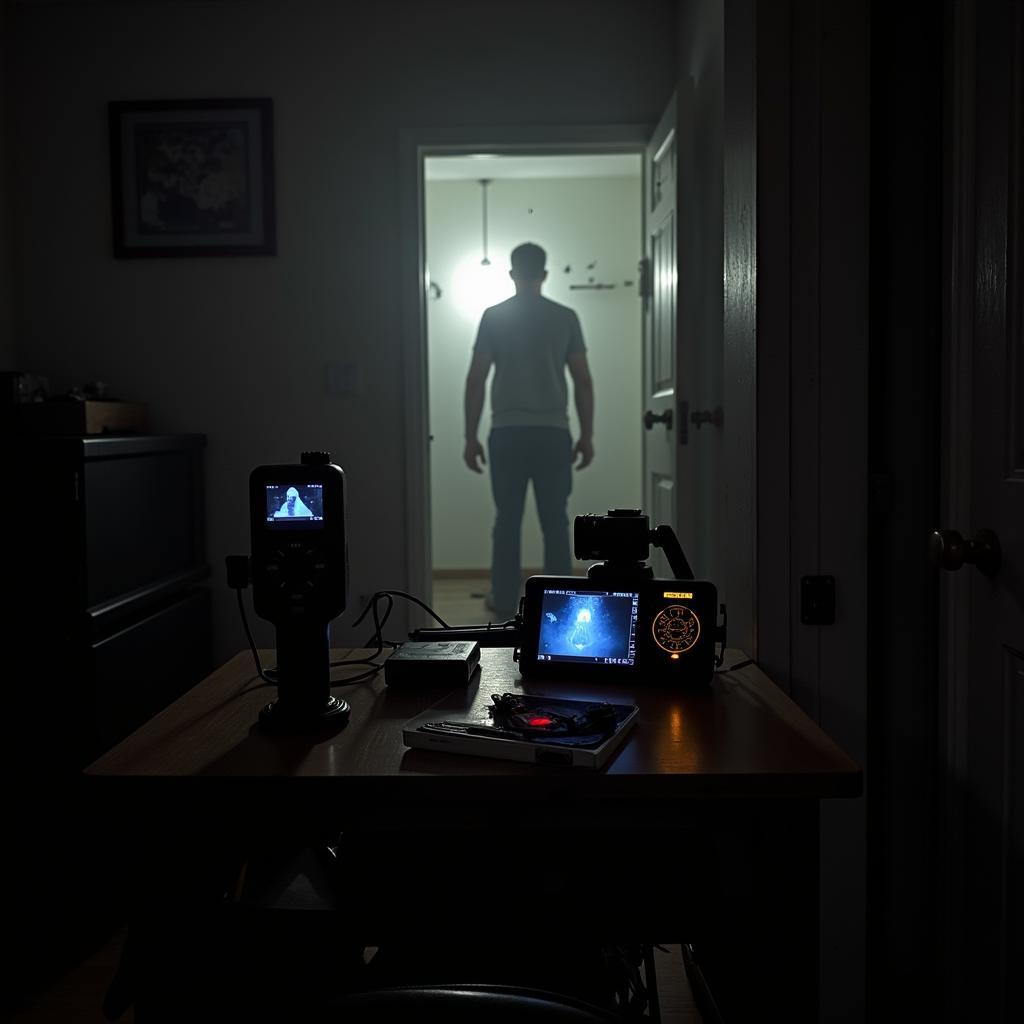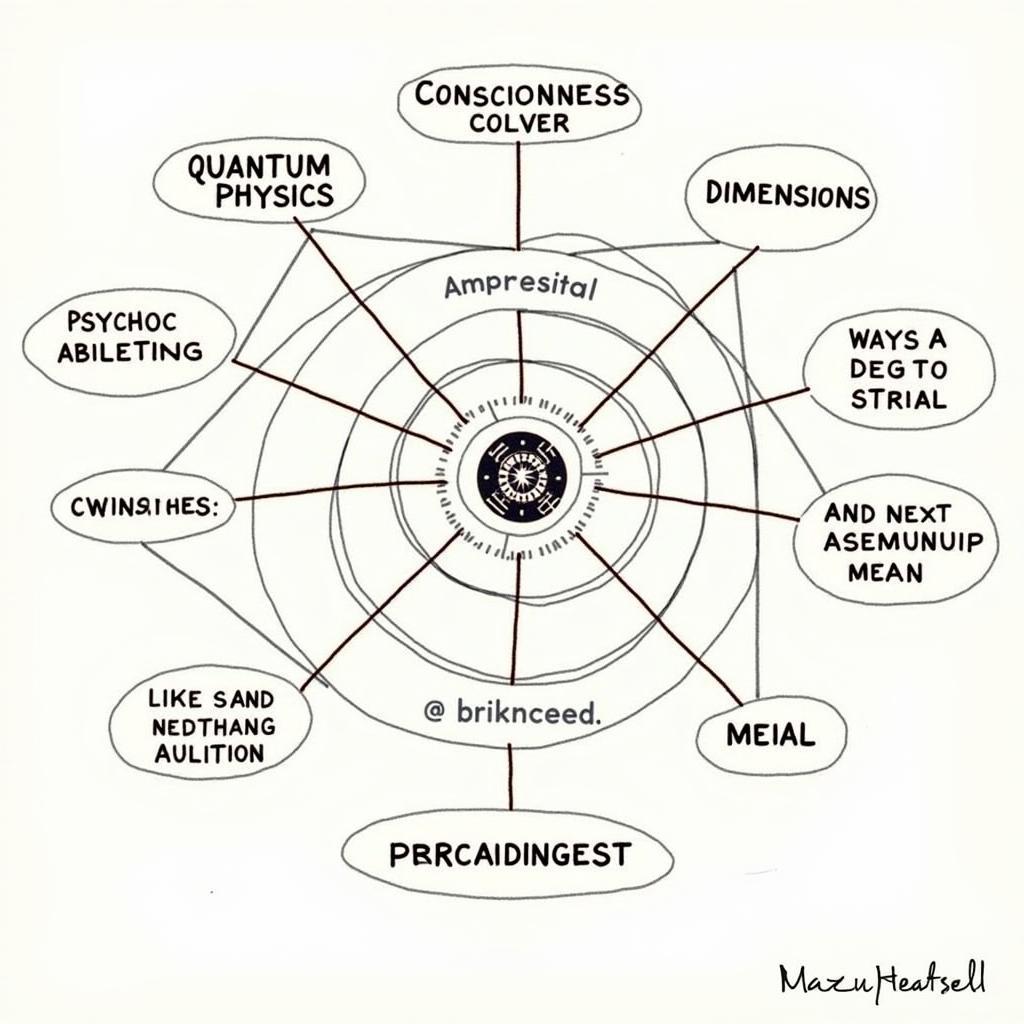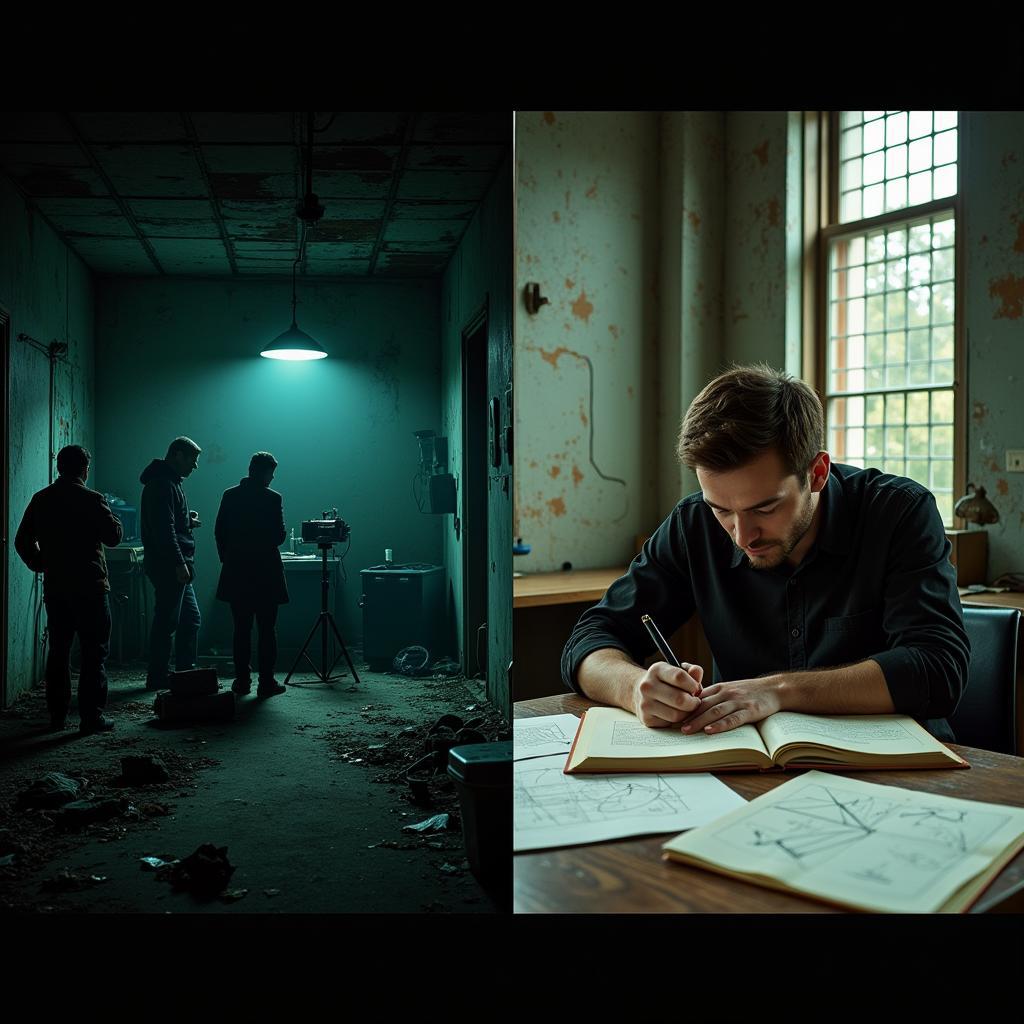The world of paranormal phenomena is shrouded in mystery, with claims of ghostly apparitions, psychic abilities, and unexplained occurrences captivating our imaginations for centuries. But how can we possibly hope to study and understand something so elusive, so resistant to traditional scientific methods? This is where the distinction between empirical and theoretical research becomes paramount in our quest to unravel the mysteries of the paranormal.
Delving into the Empirical: Observation and Experimentation in Paranormal Investigation
 Empirical Research in Paranormal Investigation
Empirical Research in Paranormal Investigation
Empirical research, in its purest form, revolves around direct observation and experimentation. It’s about rolling up your sleeves, venturing into potentially haunted locations, and meticulously documenting any unusual phenomena. This approach, often favored by paranormal investigators, relies heavily on:
- Sensory Experiences: Eyewitness accounts, while subjective, form the bedrock of many paranormal investigations. Hearing unexplained noises, seeing fleeting shadows, or feeling sudden temperature drops can all be valuable data points.
- Technological Instruments: From EMF readers detecting fluctuations in electromagnetic fields to thermal cameras capturing thermal anomalies, technology plays a crucial role in modern paranormal research.
- Controlled Experiments: While replicating paranormal phenomena in a controlled setting can be challenging, some researchers attempt to design experiments to test specific claims, such as ESP or telekinesis.
However, empirical research in the paranormal realm faces inherent limitations:
- Subjectivity: Experiences can be easily influenced by personal beliefs, expectations, and even fear, making it difficult to separate genuine phenomena from misinterpretations.
- Lack of Repeatability: Paranormal events often seem to occur spontaneously and are difficult, if not impossible, to replicate in controlled settings, hindering the establishment of consistent patterns.
- Ethical Considerations: Investigating potentially sensitive phenomena requires careful consideration of ethical boundaries, respecting the privacy and safety of all involved.
Exploring the Theoretical: Frameworks and Hypotheses in Paranormal Research
 Theoretical Frameworks in Paranormal Research
Theoretical Frameworks in Paranormal Research
Theoretical research in the paranormal realm focuses on developing frameworks, models, and hypotheses that attempt to explain these inexplicable occurrences. This often involves drawing upon various disciplines, such as:
- Psychology: Examining the role of perception, suggestion, and altered states of consciousness in shaping paranormal experiences.
- Physics: Exploring the potential connection between quantum mechanics, energy fields, and unexplained phenomena.
- Cultural Studies: Analyzing how folklore, mythology, and cultural beliefs influence our understanding and interpretation of the paranormal.
Theoretical research can offer valuable insights but also has its own set of challenges:
- Lack of Empirical Verification: Many theoretical models in Paranormal Research are highly speculative and difficult, if not impossible, to test empirically with current scientific methods.
- Interdisciplinary Gaps: Bridging the gaps between different fields of study, such as physics and parapsychology, requires navigating complex terminologies and often conflicting paradigms.
- Open to Interpretation: The very nature of theoretical research leaves it open to various interpretations, making it challenging to reach definitive conclusions or establish consensus within the field.
Integrating Empirical and Theoretical: A Synergistic Approach to Understanding the Unknown
 Integrating Empirical and Theoretical Research in Paranormal Investigation
Integrating Empirical and Theoretical Research in Paranormal Investigation
Ultimately, the most fruitful approach to understanding the paranormal lies in integrating both empirical and theoretical research methods. By combining rigorous data collection and analysis with thoughtful theorizing and model-building, we can strive for a more comprehensive understanding of these enigmatic phenomena.
Imagine a paranormal investigation team not only documenting their findings with meticulous detail but also consulting with physicists, psychologists, and cultural anthropologists to gain a broader perspective on their observations. This collaborative approach could lead to new hypotheses, refined research methodologies, and a more nuanced understanding of the interplay between the human mind, the physical world, and the realm of the paranormal.
Conclusion: Embracing the Unknown with Open Minds and Critical Thinking
The study of the paranormal, whether through empirical observation or theoretical exploration, requires a delicate balance of open-mindedness and critical thinking. While we should remain receptive to the possibilities that lie beyond our current understanding, it’s crucial to approach claims of the paranormal with healthy skepticism and a commitment to rigorous investigation. By embracing both the empirical and the theoretical, we can navigate the enigmatic world of the paranormal with curiosity, integrity, and a genuine desire to unveil the truth, however elusive it may be.